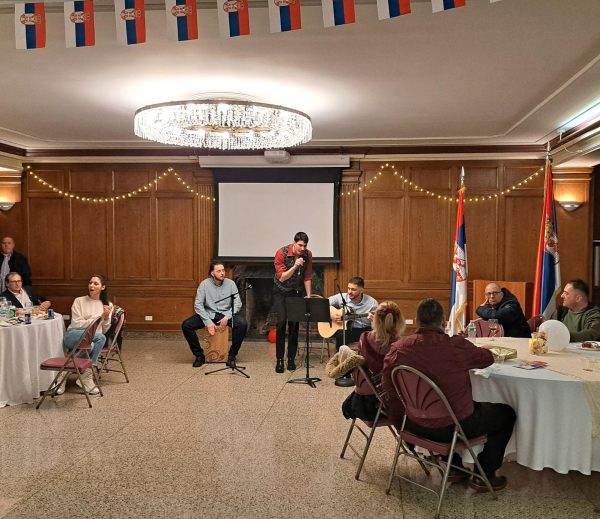“Live and let live”
October 12, 2010
As of last week, France had officially legalized a ban on the wearing of burqas, the full-body veil for women of Islamic faith, in the country. The law, which was in the works last year, was reviewed and deemed legal by the nation’s top constitutional authorities. It imposes a fine of 150 euro (roughly $190) for wearing a face veil, even if wearing the garment is voluntary. The act also imposes punishments of up to a year in prison or a fine of 15,000 euro (roughly $19,000) for forcing a woman to wear any such veil.
According to the French Constitutional Council, the law does not impose any unjustifiable punishments, and is constitutional since it does not “prevent the free exercise of religion in a place of worship.” The government also stated that the law ensured “the dignity of the person and equality between the sexes,” and that the practice, even if it is voluntary, “cannot be tolerated in any public place.”
In my mind, I can hear the shrill of clawing feminists. And, like them, my initial reaction to the legalization of this law was outrage. My American sensibilities began to show. Who did these people think they were, imposing their entirely Western view on a group of people? How ethnocentric of the French to deem another’s accepted cultural practice as a “new form of enslavement.” Initially, my column was going to center on this anger, and essentially rant about this for roughly 800 words (because really, who doesn’t enjoy a good rant every now and then?).
Thankfully for you, a conversation with a friend and second thoughts about the issue at hand deterred me from writing that piece (crisis averted). Said person, who had been privy to the experience of being able to travel around Europe, had enlightened me as to some of the cultural sensibilities of the continent across the pond.
In France, and throughout many countries in Europe, xenophobia is a tolerated and accepted cultural aspect. And the fact is this: that’s just the way it is. Unlike America, French nationals don’t view themselves as heterogeneous composites whose chief value is individualism. Rather, they view themselves as citizens first, who value their role as a stitch in the fabric that constitutes their great republic. Unlike America, difference and uniqueness is not something that is embraced; rather, it is something that is shunned, and looked down upon.
For the French, the display of burqas in a public area is a mar on the great tradition of openness in their republic. As the law implies, public religious displays are not part of this openness. The country, which prides itself on being completely secular, doesn’t even keep religious statistics of their own citizens.
Perhaps the most stark evidence of the differences between cultures, however, were the results of surveys conducted in response to the law. The surveys asked the French, other Europeans, and Americans what they thought of the law placing a ban on burqas. The results: the ratio of French that approved the law was four to one; Europeans, while the numbers were not specific, overwhelmingly approved the law; and the two out of every three Americans surveyed disapproved of the law. Beyond any doubt, the varying results of the survey showed the large cultural divide that still exists on a global scale.
It was about half-way through this lesson in culture that I had an epiphany of my own: who was I to be imposing my completely American sensibilities on the French? How could I judge, objectively, a law put in place in France when I had no concept of European culture, let alone that of the French? The answer is, simply put, that I could not. And that is what’s great about the world we live in.
The world is so diverse, with so many varying cultures, that it’s impossible to transplant your own sensibilities and carry them with you when you look at the activities of a different place. That’s not to say that we’re not allowed to hold our own opinions on a matter just because it doesn’t take place within our culture. Don’t get me wrong: I don’t agree with the law in France. It’s just that, in reality, it’s not my place to judge.
This is a practice and an idea we need to take with us in our everyday lives. Regardless of our cultural differences, and even our individual differences with one another, we must always “live and let live.” And, in order for peaceful co-existence to occur, this is the way it has to be.
To contact The Ionian’s Ryan Karpusiewicz, e-mail him at [email protected].













